OpenAI has built an experimental large language model that sheds light on how AI really works, making it easier to understand and potentially paving the way for more reliable and trustworthy AI systems. The model, which was built on top of the company's GPT-3 technology, is designed to be more transparent and explainable than typical large language models (LLMs), allowing researchers to better understand why models hallucinate and go off the rails.
According to Will Douglas Heaven, a writer for The Download, "Building a model that is more transparent sheds light on how LLMs work in general, helping researchers figure out why models hallucinate, why they go off the rails, and just how far we should trust them with critical tasks." This is a significant development, as current LLMs are often referred to as "black boxes," meaning that their inner workings are not fully understood.
The new model is part of a broader effort by OpenAI to make AI more explainable and trustworthy. In a statement, the company said that the goal of the project is to "develop a more transparent and accountable AI system that can be trusted to make decisions and provide information." This is particularly important in fields such as healthcare and finance, where AI is increasingly being used to make critical decisions.
The development of more transparent AI systems is also being driven by concerns about animal testing. Google DeepMind has announced that it is using its Gemini technology to train agents inside the video game Goat Simulator 3, rather than using animal testing. The company claims that this is a significant step toward more general-purpose agents and better real-world robots.
Gemini is a large language model that is designed to be more flexible and adaptable than traditional LLMs. According to the company, it is capable of learning and adapting to new tasks and environments, making it a promising technology for a wide range of applications.
The use of Gemini to train agents in virtual environments is a significant development, as it allows researchers to test and refine AI systems in a safe and controlled environment. This could potentially reduce the need for animal testing, which has been a contentious issue in the AI community.
In related news, Google DeepMind has announced that it is making significant progress in the development of its SIMA 2 agent, which is capable of navigating and solving problems in 3D virtual worlds. The company claims that this is a significant step toward more general-purpose agents and better real-world robots.
As the development of more transparent and trustworthy AI systems continues to advance, it is likely that we will see significant changes in the way that AI is used in a wide range of fields. The implications of this technology are far-reaching, and it will be interesting to see how it is used in the future.
In terms of next developments, OpenAI has announced that it will continue to work on making its AI systems more transparent and explainable. The company has also announced that it will be releasing more information about its experimental model in the coming weeks and months.
Google DeepMind has also announced that it will continue to work on developing its SIMA 2 agent, with the goal of making it more general-purpose and adaptable. The company has also announced that it will be releasing more information about its Gemini technology in the coming weeks and months.
Overall, the development of more transparent and trustworthy AI systems is a significant step forward for the field, and it is likely to have far-reaching implications for a wide range of fields. As the technology continues to advance, it will be interesting to see how it is used and how it changes the world.


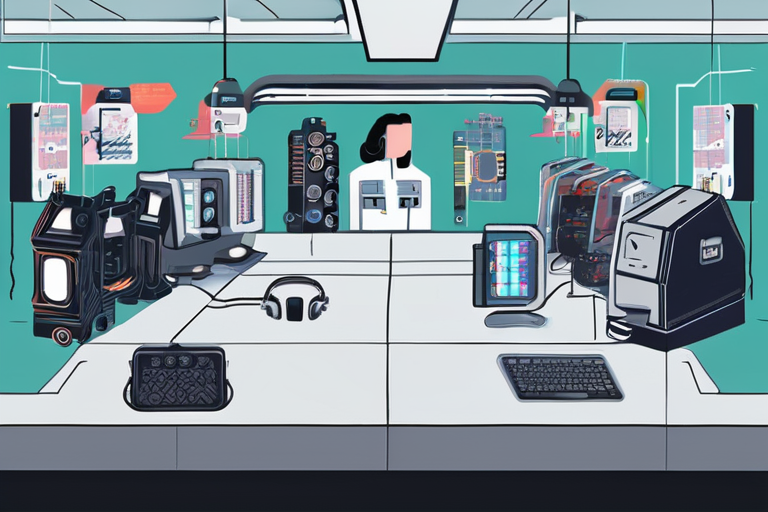


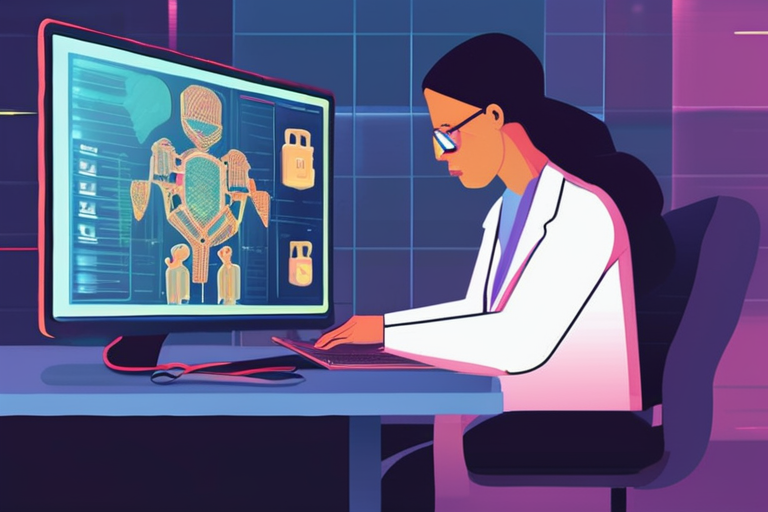
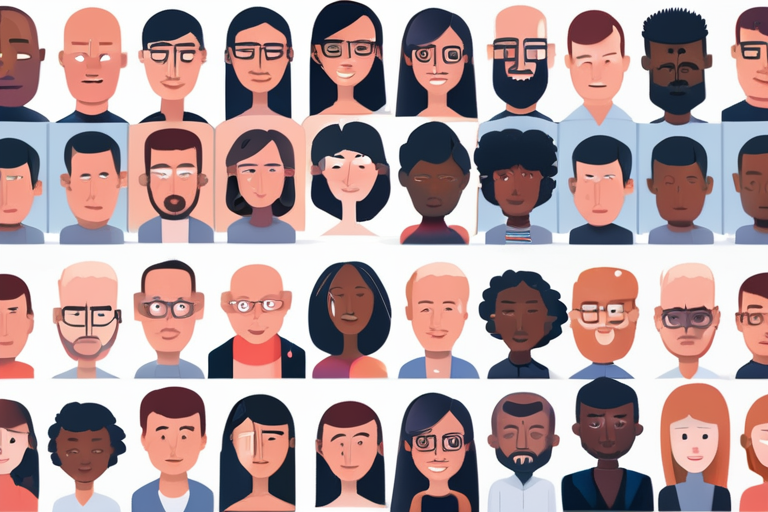






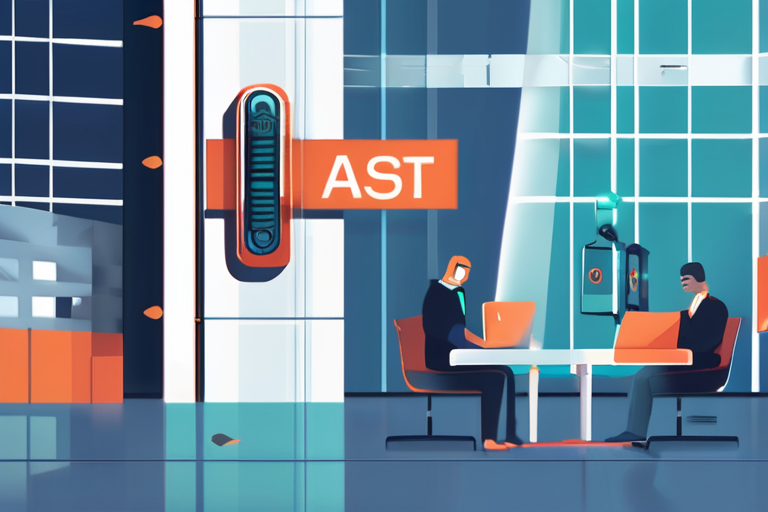


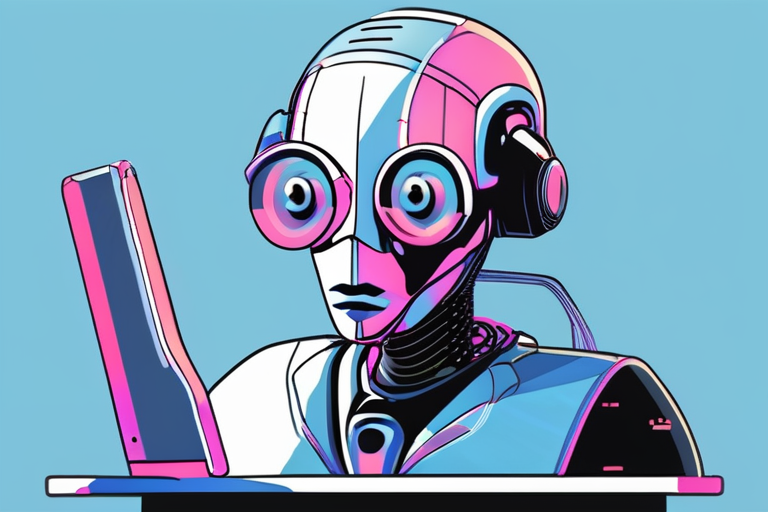




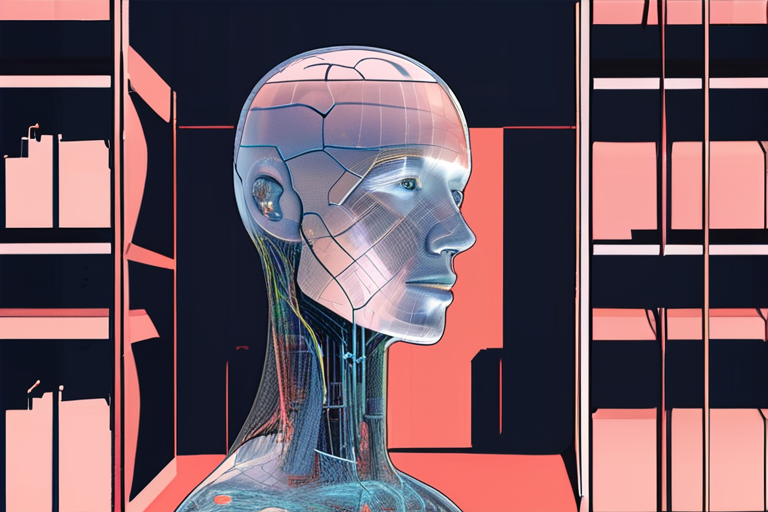




Share & Engage Share
Share this article